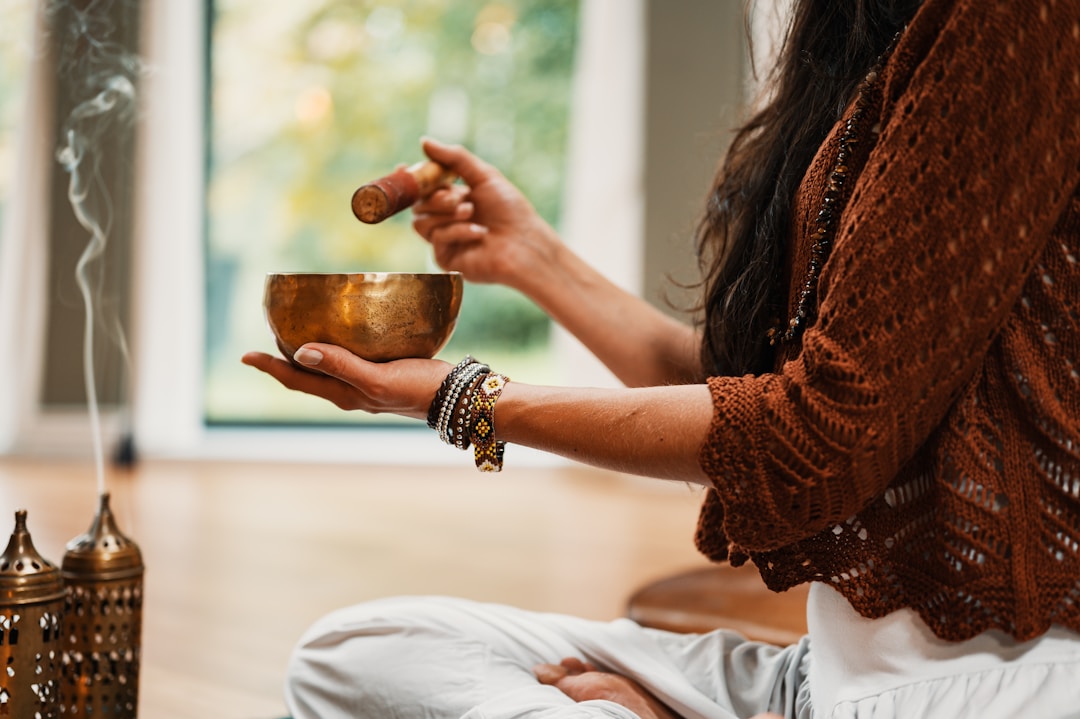Coping Strategies for Dealing With Stress and Anxiety
Stress and anxiety are an innate part of the human experience. They’re our body’s response to perceived or real threats, obligations, changes, and challenges, and while on the one hand, they help us stay alert and ready to face an ordeal, extended periods of stress and anxiety can have severe impacts on our mental, emotional, and physical health. In this article, we will delve into proven strategies to manage and cope with stress and anxiety.
The Power of a Healthy Lifestyle
A healthy lifestyle plays a crucial role in managing stress and anxiety. Eating a balanced and nutritious diet can keep energy levels stable, mood balanced, and immune system strong, all of which can reduce stress levels. Avoiding or at least limiting consumption of caffeine, alcohol, sugar, processed and fried food can also reduce anxiety and stress. Hydration is equally important as dehydration can trigger feelings of anxiety and agitation. Thus, progressively making healthier decisions in terms of food and drink can contribute to a healthier mind and body, making it easier to cope with stress.
Outside help, when needed, should not be shied away from. Reach out to services like Supportiv anonymous chat rooms, where you can share your feelings and experiences anonymously with others who understand what you’re going through. One of the key benefits of anonymous online peer chat rooms is that they provide access to a safe and non-judgmental space for individuals to express their feelings and share their experiences while receiving emotional support. When dealing with stress or anxiety, it can be comforting to know that there are others out there who are going through similar struggles.
Moreover, connecting with others virtually can work wonders for stress and anxiety. Beyond that, spending time with family and friends, talking about feelings and worries, and just being around loved ones can provide a sense of belonging and self-worth that can improve one’s mood and outlook. Surrounding oneself with positive, healthy relationships can offer the strength and support needed to overcome stress and anxiety.
Identifying Triggers and Using Stress Management Techniques
Firstly, one must understand what triggers their stress and anxiety. Whether it’s a work-related issue, personal problems, health concerns, or social interactions, identifying triggers can allow for targeted stress management. After identification, adopt a problem-solving approach. Instead of worrying about the situation, direct your energy towards finding a solution. Cultivating such an approach decreases stress in the long run and fosters a sense of self-confidence and control.
Simple stress management techniques can also prove effective in mitigating stress. Breathing exercises, for example, are fundamental. The act of deep, conscious breathing slows down the heart rate, relieves muscle tension, allows the brain to settle, and decreases the overall stress. Equally useful are relaxation techniques, such as progressive muscle relaxation, guided imagery relaxation, or mindfulness meditation.
Adequate and quality sleep is essential as well. Stress and anxiety often lead to restlessness and insomnia. Therefore, adhering to a regular sleep schedule, creating a relaxing bedtime routine, and creating a conducive sleep environment can drastically reduce stress and anxiety levels. Incorporating physical activity into your daily routine is another stress reliever. Physical activity increases the production of endorphins – the body’s natural mood lifters.
Understanding and Practicing Mindfulness

As counterintuitive as it may sound, the practice of mindfulness, which involves purely focusing on the present moment, can help manage stress and anxiety. It’s about paying attention to thoughts, emotions, sensations in the body, or even the environment around, without trying to change anything. The idea is to observe without litigation, thereby leading to acceptance of, rather than distress over, one’s present state.
Practicing mindfulness begets a better understanding of oneself and, consequently, a more reactive response to stress and anxiety. By recognizing the transitory nature of thoughts and emotions, one can learn to view them as waves in the ocean, ever-coming and going, but never staying. This perspective often diminishes the magnitude of stress and anxiety that one perceives. Mindfulness can be practiced in several ways — from mindful breathing and eating to mindful walking and yoga. Regular practice can reduce the intensity of stress and anxiety and pave the way for a healthier response to stressful situations.
Finding and Using Coping Skills
Coping skills are techniques that reduce negative feelings when stressed. Each person’s coping skills might differ, but some common ones include reading, listening to music, going for a walk, meditating, doing exercises or yoga, journaling, or spending time in nature. Finding out what calms your mind, distracts it from anxious thoughts, or puts things into perspective can make a world of difference in managing stress and anxiety.
Start by creating a list of activities that calm you and make you feel at ease. Try and include a mix of different activities – some that you can do at home, some that require going out or being around people, some that need physical exertion, and some that are more about quiet and contemplation. For instance, this could include going for a massage therapy in Peoria, AZ (if you live there), a solo trip, doing yoga, or even going to see a therapist. Having a variety of coping skills at your disposal allows for flexibility and ensures that you have the tools needed to manage stress and anxiety despite the circumstances.
Cultural and Spiritual Rituals

Cultural and spiritual practices have been leveraged for centuries to cope with stress and anxiety. These could range from prayer, meditation, yoga, and tai chi, to attending religious services or community rituals. These activities provide a sense of connection to something larger than oneself, offering comfort and reducing feelings of isolation or despair. Engaging in spiritual practices can foster a sense of peace, purpose, and better well-being.
For many, their spiritual or religious beliefs act as a healing force. It provides a framework for understanding suffering, loss, and tragedy, and can thereby provide significant comfort during stressful times. Still, one does not need to be religious to tap into this aspect of stress relief. Anyone can explore their spiritual core. Activities like meditation, art, music, and spending time in nature can also offer the same spiritual benefits.
Contact a Professional for Support
When you’ve tried different strategies, but stress and anxiety continue to exist, it may be time to seek professional advice. Many recurring stress patterns stem from underlying issues that therapy can enable you to unpack and resolve. Therapists are trained to understand how to navigate your feelings and can provide tools and techniques to manage stress differently. They can aid in facing your stressors head-on too, rather than ignoring or avoiding them, which often amplifies the stress.
Sessions with a licensed professional can provide a safe, comforting space to express yourself and allow for the cultivation of healthier coping strategies. Stress and anxiety can also have physical impacts. Consulting a healthcare provider is valuable. They can rule out possible physical causes of your anxiety and provide treatments that align with your lifestyle.
Bringing it All Together

Change takes time and patience. While it’s impossible to eliminate stress and anxiety completely, consistently practicing these strategies can manage them. It’s about finding ways to limit the control that stress and anxiety hold over you, so you can live a more balanced and fulfilling life. You have to be kind to yourself throughout this process. Stress and anxiety often come laden with feelings of guilt, regret, and self-criticism.
However, remember that you’re trying your best, and it’s okay not to have everything figured out. You’re not alone in this journey. Plenty of resources and well-meaning people, from friends and family to professionals, are ready and willing to assist you. So reach out whenever you need to, and know that this too shall pass.
As this article illustrates, dealing with stress and anxiety is a continuous process. It involves trial and error, patience, persistence, and lots of self-love and care. With the right strategies in place, you’ll find it’s a manageable journey that will lead to a healthier and more relaxed life. This is an ongoing process and can take a lot of time and effort, but the rewards are well worth it. Follow our advice and you’ll be on your way to looking and feeling like your best self.


